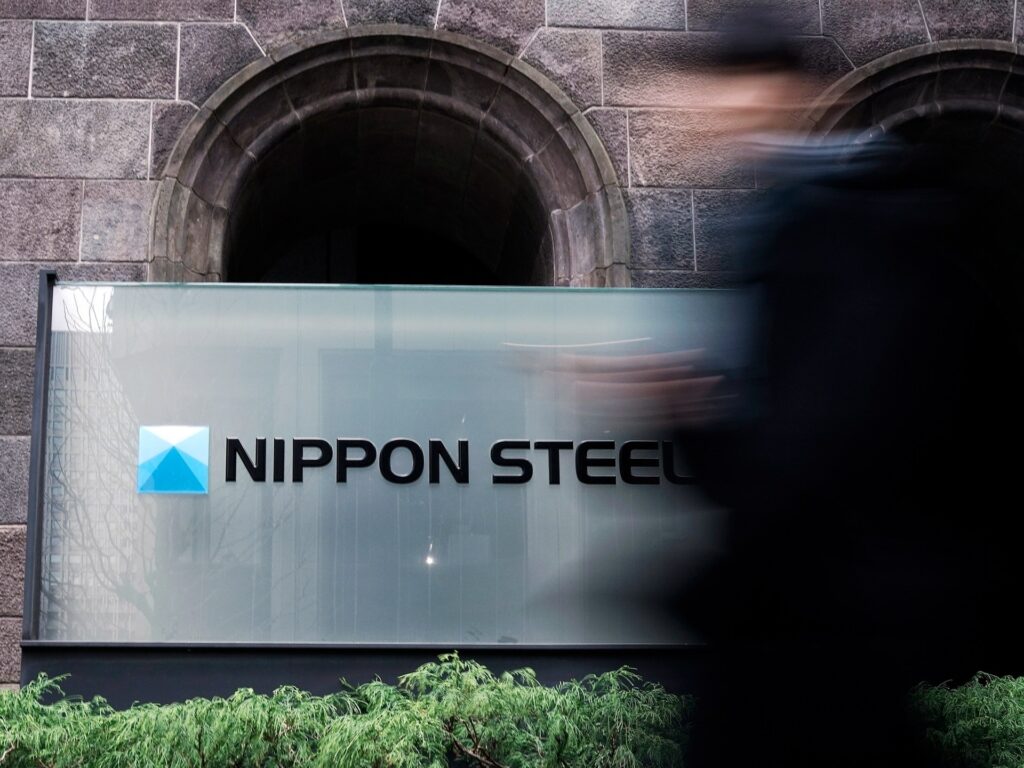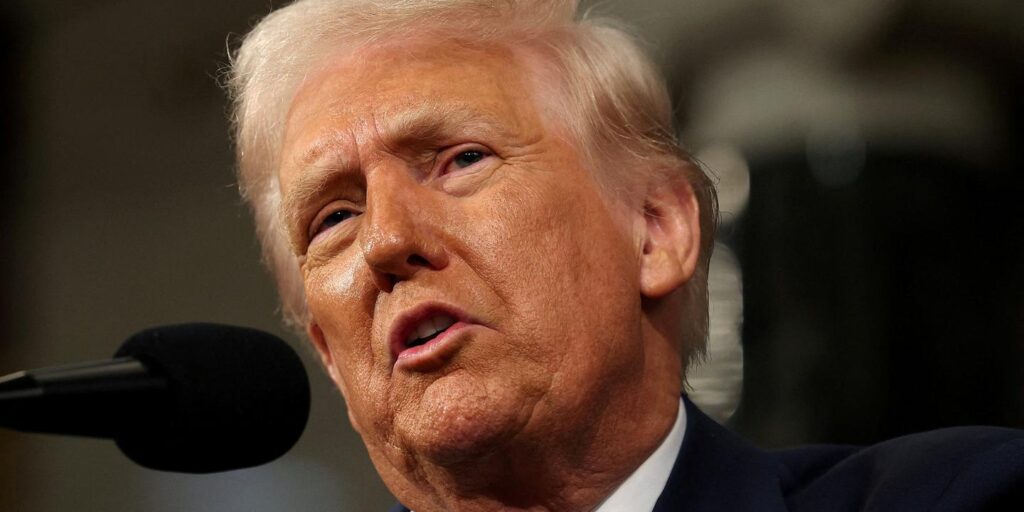Nippon Steel’s $14.9bn acquisition of US Steel has conferred an unusual degree of power for United States President Donald Trump after the Japanese company’s 18-month struggle to close the purchase.
The deal closed on Wednesday, the companies said.
Under the deal terms, Nippon bought 100 percent of US Steel shares at $55 per share which was first used in December 2023. A news release on the filing also discloses details of a national security agreement inked with the Trump administration, which gives Trump the authority to name a board member, as well as a non-economic golden share.
Eiji Hashimoto, Nippon Steel’s chairman and CEO, thanked the president for his role. He said that Nippon Steel agreed to represent an unusual level of control conceded by the companies to the government to save the deal, after a rocky path to approval spurred by high-level political opposition.
The golden share gives the US government veto authority over a host of corporate decisions, from idling plants to cutting production capacity and moving jobs overseas, as previewed in a weekend social media post by Commerce Secretary Howard Lutnick.
The share also gives the government a veto over a potential relocation of US Steel’s headquarters from Pittsburgh, Pennsylvania, a transfer of jobs overseas, a name change, and any potential future acquisition of a rival business, the release shows.
The inclusion of the golden share to win approval from the Committee on Foreign Investment in the US, which scrutinises foreign investment for national security risks, could drive overseas investors away from US companies, national security lawyers said on Monday.
The acquisition will give US Steel $11bn in investment through 2028, including $1bn for a new US mill that will increase by $3bn in later years.
It will also allow Nippon Steel, which is the world’s fourth-largest steel company, to capitalise on a host of American infrastructure projects while its foreign competitors face steel tariffs of 50 percent.
The Japanese firm also avoids the $565m in breakup fees it would have had to pay if the companies had failed to secure approvals.
Nippon Steel said on Wednesday that its annual crude steel production capacity is expected to reach 86 million tonnes, bringing it closer to Nippon Steel’s global strategic goal of 100 million tonnes of capacity.
The president described Nippon Steel as a “great partner”. After the United Steelworkers union came out against the deal last year, both then-President Joe Biden, a Democrat, and Trump, a Republican, expressed their opposition as they sought to woo voters in Pennsylvania, a key swing state, in the presidential election campaign.
Shortly before leaving office in January, Biden blocked the deal on national security grounds, prompting lawsuits by the companies, which argued the national security review they received was biased. The Biden White House disputed the charge. The steel companies saw a new opportunity in the Trump administration, which opened a new 45-day national security review into the proposed merger in April.
But Trump’s public comments, ranging from welcoming a simple “investment” in US Steel by the Japanese firm to floating a minority stake for Nippon Steel, spurred confusion.
Trump’s May 30 rally spurred hopes of approval, and sign-off finally came on Friday with an executive order permitting the companies to combine if they signed an NSA giving the US government a golden share, which they did.
The markets responded positively to the news. Nippon Steel, which is traded under the ticker NPSCY, is up 2.7 percent from the market open as of 11:00am in New York (15:00 GMT).


